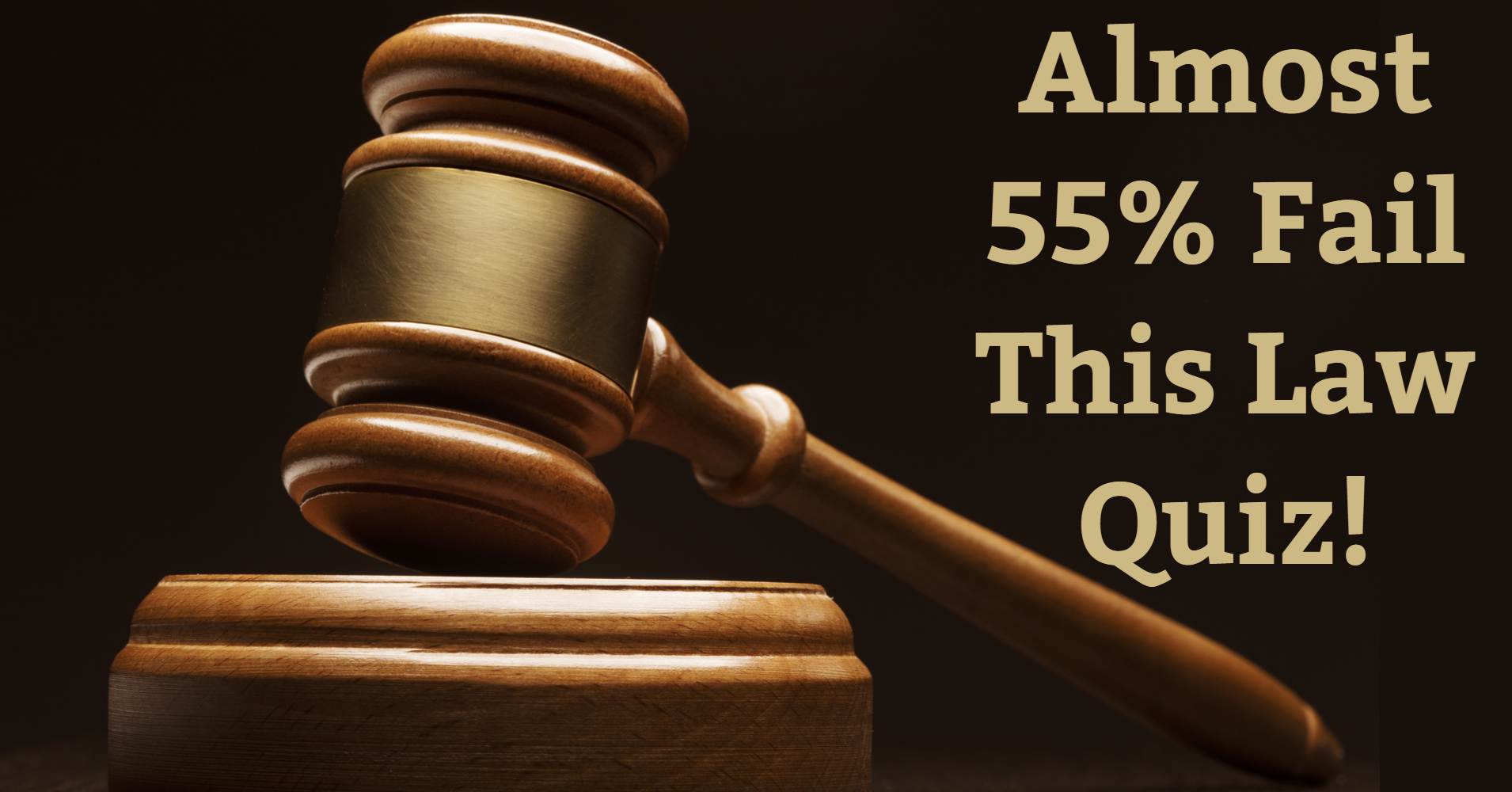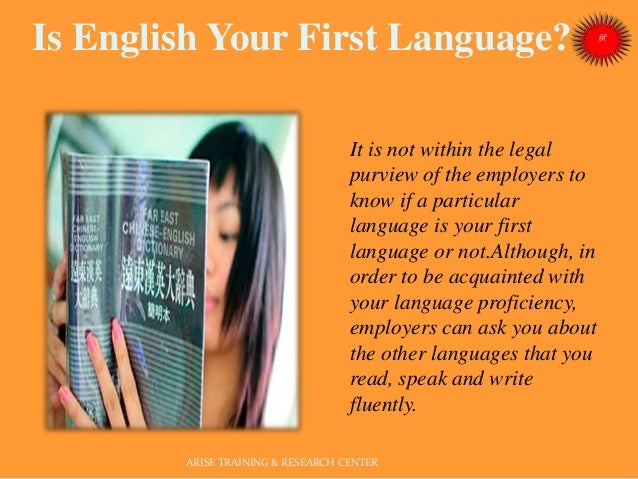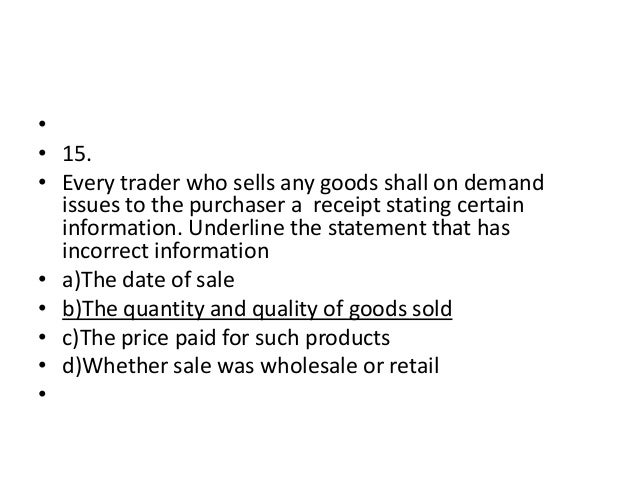
Outdoor Resorts of South Carolina, Inc., 304 S.C. The provision concerning re-examination and recall of witnesses wasĪdded to the rule to make it consistent with South Carolina law. Directive leading questions are those which are more assertive in nature and are more likely to include interrogative tags such as, The car was red, wasn’t it Conversely, nondirective leading questions typically ask for the same target information but without the added pressure to respond in a particular way (i.e., Was the car red). There was no provision in the federal rule as to re-examination and recall of witnesses. Subsection (c) which allows leading questions when "necessary to develop the witness' testimony." 127, 332 S.E.2d 533 (1985), is still permissible under the first sentence of The use of leading questions when examining a child, State Subsection (c) is consistent with former law. Rejects the more restrictive language of the federal rule which limits cross-examination to the subject matter of direct examination and matters affecting the
#Law leading questions trial
The scope of cross-examination is within the discretion of the trial judge. General Insulation and Acoustics, 234 S.C. Under South Carolina law, cross-examination is limited only by the requirement that the inquiry relate to matters pertinent to the issues involved or to Many, but not all, leading questions are intended to elicit a yes or no answer. It should be noted that Rule 614 controls the calling and interrogation of witnesses by the When it comes to a criminal law trial, a leading question is defined as being worded in such a manner so as to lead or compel a witness to a specific answer desired by the questioner. Trial, including the examination of witnesses, is within the sound discretion of the trial judge. It is consistent with the general rule in this State that the conduct of the The language of subsection (a) of this rule is identical to that used in the federal rule. This rule shall not limit the right of any party to recall a witness in The parties to the action, that witness may be recalled only in the discretion of the court. Leading questions are usually questions which call only for a yes or no answer, are framed to suggest the answer to the witness, or assume a fact which is. After the examination of the witness has been concluded by all A witness may be re-examined as to the same matters to which he testified only in the discretion of the court, but withoutĮxception he may be re-examined as to any new matter brought out during cross-examination. To skip to a specific section, click on the name of that objection: Relevance, Unfair/prejudicial, Leading question, Compound question, Argumentative, Asked and answered, Vague, Foundation issues, Non-responsive, Speculation, Opinion, Hearsay. Identified with an adverse party, interrogation may be by leading questions. Here are some common reasons for objecting, which may appear in your state’s rules of evidence.

When a party calls a hostile witness, an adverse party, or a witness Ordinarily leading questions should be permitted on cross-examination. Leading questions should not be used on the direct examination of a witness except as may be necessary to develop the witness'

A witness may be cross-examined on any matter relevant to any issue in the case, including credibility. Make the interrogation and presentation effective for the ascertainment of the truth, (2) avoid needless consumption of time, and (3) protect witnesses from

The court shall exercise reasonable control over the mode and order of interrogating witnesses and presenting evidence so as to (1) Some interviewers may deliberately use subtle leads to obtain the answers they desire, but often neither the interviewer nor respondent is aware of the extent to which the wording of the question can influence the response." (John Hayes, Interpersonal Skills at Work.MODE AND ORDER OF INTERROGATION AND PRESENTATION Those who were asked 'Do you get headaches frequently and, if so, how often?' reported an average of 2.2 headaches per week, whereas those who were asked 'Do you get headaches occasionally and, if so, how often?' reported only 0.7 per week. The average guess of those who were asked 'how tall?' was 79 inches, as opposed to 69 inches for those who were asked 'how small?' Hargie describes a study by Loftus (1975) which reported similar findings when forty people were asked about headaches. For example, asking somebody how tall a basketball player is produced greater estimates than when respondents were asked how short the player was. In common law systems that rely on testimony by witnesses, a leading question is a question that suggests a particular answer and contains information the examiner is looking to have confirmed. Harris (1973) reports studies which demonstrate that the way a question is worded can influence the response.

" Subtle leads are questions that may not be immediately recognized as leading questions.


 0 kommentar(er)
0 kommentar(er)
